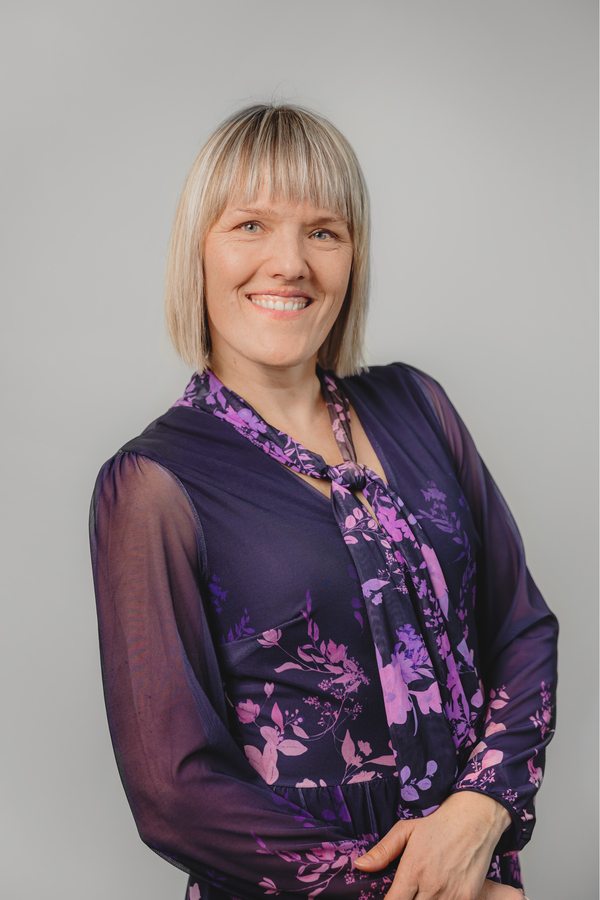What is your first thought when you are faced with difficulties or problems? Do you tend to see the negative aspects of a situation first, or do you try to find something good in it? Is positive thinking something that comes naturally – or is it a skill that can be learned and developed?
What is positive thinking?
Positive thinking is more than just being happy. It is not about naive optimism or denying problems, but consciously focusing on what is constructive, hopeful, and wholesome. Positive thoughts can create value in our lives and help develop skills that last longer than a momentary good mood.
Your attitude affects your work, health, and life with long-term consequences. For example, negative thoughts narrow your thinking and prevent you from seeing other options. In contrast, positive thoughts broaden your perception of possibilities and allow you to consider alternative choices.
One of the greatest benefits of positive thinking is the ability to develop inner resources – such as confidence, patience and problem-solving skills. When your thoughts are focused on what is possible and valuable, your outlook on life will also expand.
How to develop positive thinking?
Here are three practical steps to help you develop a more positive mindset.
- Devotional reflections and prayer: Studies show that people who pray daily experience more positive thoughts than those who don't. Inner peace and mental focus help keep the mind clear and hopeful.
- Healthy diet: Omega-3 fatty acids, fiber, and B vitamins support mood, nervous system, and blood sugar balance. Good nutrition creates the foundation for stable and energetic thinking.
- Physical activity: Exercise releases beta-endorphins, which create a sense of well-being and help reduce stress. Movement helps the body and mind recover and creates space for positive thoughts.
Self-esteem – the heart of positive thinking
 When talking about positive thinking, we need to remember that it also includes how we think about ourselves – or our self-esteem.
When talking about positive thinking, we need to remember that it also includes how we think about ourselves – or our self-esteem.
Mike Glenn writes on his blog that we live in a world where “someone has rearranged the price tags.” He cites Søren Kierkegaard’s story of thieves who didn’t steal anything from a jewelry store, but simply swapped the price tags—the expensive was sold cheaply and the cheap was sold expensively. It’s a graphic description of how our society has confused values.
This is most evident in the area of self-esteem. In today’s culture, people are judged by their appearance, achievements, and possessions, not by who they really are. Beauty is measured by mathematical proportions, value comes from entertainment value, not intrinsic worth. If you don’t fit into some “Top 100” list, you feel like you don’t belong.
This distorted value system has a particularly strong impact on young people: young men try to prove their masculinity through extreme acts, young women get into destructive relationships because they feel they do not meet society's expectations.
In the midst of all this, the message of the gospel is vital: you are loved. Not because of what you have done or accomplished, but simply because God loves you. This is grace—a gift that cannot be earned. You are created in the image of God, redeemed by His death, and called to live a new life with Him. This makes you priceless.
Glenn makes a beautiful comparison: paintings are valuable because the artist signs them. Imagine if you could show a museum God’s signature on you – that’s what the Imago Dei means. God, the greatest Artist, has signed you and me. Our self-worth is not based on what we have done, but on who created us. Our beauty is not determined by the world, but by our Creator. God created us and loves us – that makes us beautiful and valuable.
Spiritual perspective
The Bible also encourages us to focus our thoughts on what is good and noble. As Philippians 4:8 says, “Whatever things are true, whatever things are honorable, whatever things are just, whatever things are pure, whatever things are lovely, whatever things are of good report; if there is any virtue or praiseworthy thing, think about these things.”
The Creator of the senses advises us to use our minds positively – it is part of mental health and inner balance.
Positive thinking is not just a state of mind – it is a choice we can consciously make. It affects our mental, physical and spiritual well-being. Ask yourself: What step can I take today to make my thoughts a little brighter? Maybe it is a moment for prayer, a walk, a healthy meal or just a reminder: you are valuable.
Sources used:
https://www.secretsofwellness.org/index.php/countries/english/item/465-what-you-think-matters




